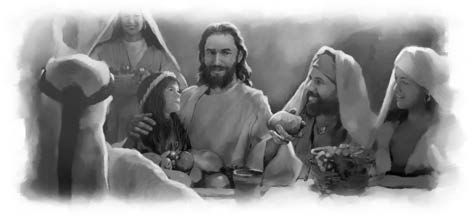As a university student, Anush watched a Mexican film about a little boy who prayed for the conversion of his father. In the film, the boy said, “I believe that if I pray for my father every single day, he will by all means come to God.” The boy prayed every day, and his father gave his heart to God.
Inspired by the story, Anush decided to pray every single day for Father to get baptized. She started praying four years before her own baptism. Two years after her baptism, she was still praying for him. She was sure that he would come to God. But when tensions began to simmer at home, she began to wonder how much longer she would have to wait.
After her baptism, Anush became very active in the Seventh-day Adventist Church. She volunteered for church initiatives, sometimes receiving a small salary and other times nothing at all.
Father didn’t complain because he had given Anush permission to go to church and get baptized. Armenia is a largely patriarchal society where many fathers are the decision-makers of the household.
But Father wanted the best for his daughter, and he couldn’t understand why she was working for so little.
“The church is using you,” he said. “You are talented, and they are using you without giving you what you deserve.”
Anush began to sense tensions whenever she was at home, and she didn’t like it. Whenever she was invited to participate in a church program, she asked Father for permission. Father allowed her to go but complained every time.
Anush decided to have a heart-to-heart talk with God.
“God, I know that Father will come to You, but I’m so tired,” she said. “I’m giving You two options: either he comes to You or he comes to You.”
Afterward, she told Mother, “Today, I’m praying earnestly to God. Join with me. We don’t want this situation to continue. We want Father to go to church with us.”
In Armenia, many mothers and children go to church without their husbands and fathers. Many families are comfortable with the arrangement as long as the men allow the mothers and children to go without persecution. But Anush was no longer happy with such an arrangement. She wanted Father to go to church, too.
Mother agreed to pray. Anush’s hopes soared. She was sure that God would change Father’s heart. She was confident it could happen at any time.
Part of last quarter’s Thirteenth Sabbath Offering went to open a center of influence for families like Anush’s in Yerevan, Armenia. Thank you for helping spread the gospel with your offerings. Next week: Father forbids Anush and Mother from going to church.
